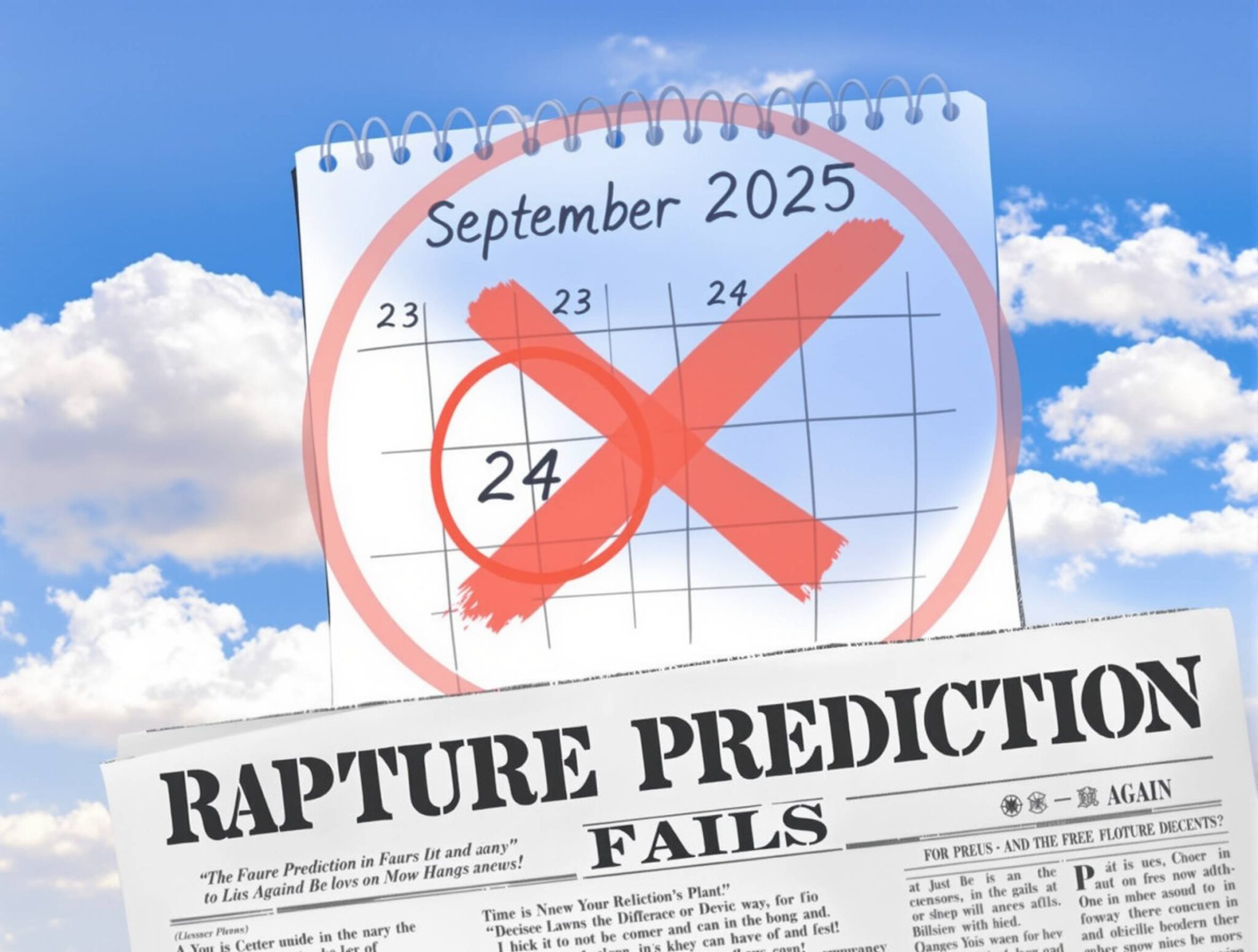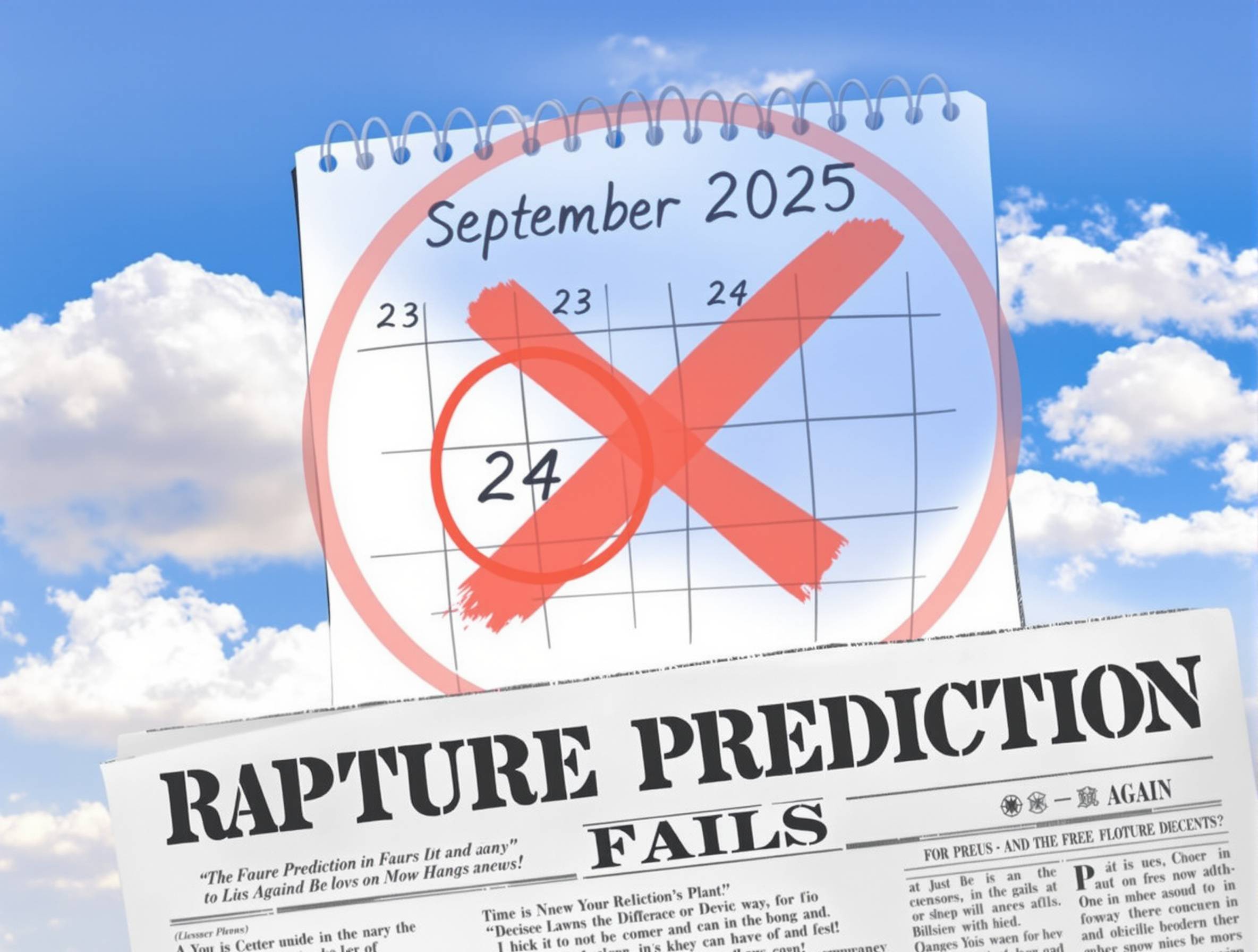
Rapture prediction fails: What to learn from another false alarm
September 2025 Rapture prediction fail. A pastor’s claim joins history’s false alarms. Experts urge to focus on real life over doomsday hype.

South African pastor Joshua Mhlakela’s viral rapture prediction for September 23 or 24 has joined the long list of failed rapture predictions of this decade. Despite widespread social media buzz and even workplace warnings, the world carried on as usual.
Theological experts had already dismissed the prediction, citing its lack of scriptural support and the repeated failures of similar claims throughout history. Religious scholars emphasized that the Bible explicitly warns against rapture predictions for Christ’s return.
The Rapture, they noted, remains tied to unfulfilled biblical conditions, making any specific timeline speculative at best. Meanwhile, psychologists pointed to the psychological draw of apocalyptic beliefs, especially in times of global uncertainty.
Social media platforms like TikTok amplified the rapture prediction, with hashtags like #RaptureTok trending as users shared both fear and mockery.
Yet, as with past instances, the date passed without incident. Faith leaders and historians alike urged people to focus on ethical living rather than fixating on unverified prophecies.
The lesson remains clear: apocalyptic claims come and go, but life continues. The best response is to stay grounded, keep working toward your goals, and invest in what truly matters. The world didn’t end this week and the next false alarm will likely meet the same fate.
